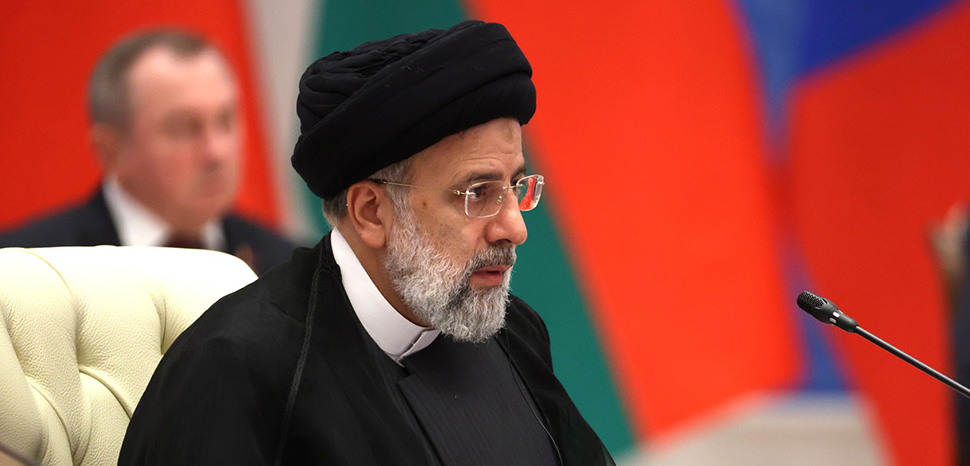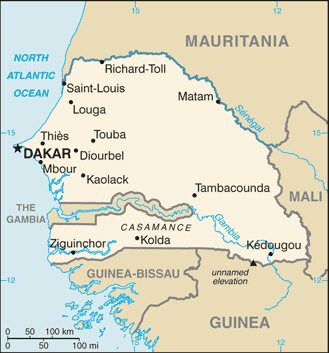In recent years, Iran’s geopolitical focus has been expanding beyond its immediate region. A striking illustration of this approach is the nation’s deepening engagement with East Africa, with Uganda, Kenya, and Zimbabwe becoming focal points of Iran’s African policy. The recent trip by Iranian President Ebrahim Raisi to these countries marked a significant development in Iran’s engagement with the continent.
Background and Context
Iran’s ties with Africa are rooted in both history and shared challenges. During the Cold War, Iran supported decolonization efforts across the continent, creating a common bond of post-colonial identity. Since the Islamic Revolution in 1979, Iran has sought to forge partnerships with African nations based on mutual economic, political, and strategic interests. During his term from 2005 to 2013, former Iranian President Mahmoud Ahmadinejad actively sought engagement with Africa, viewing it as a shield against international sanctions. His strategy was broad and ideological, premised on religious ties with Shia Islam communities, South-South cooperation, and anti-Western sentiment.




